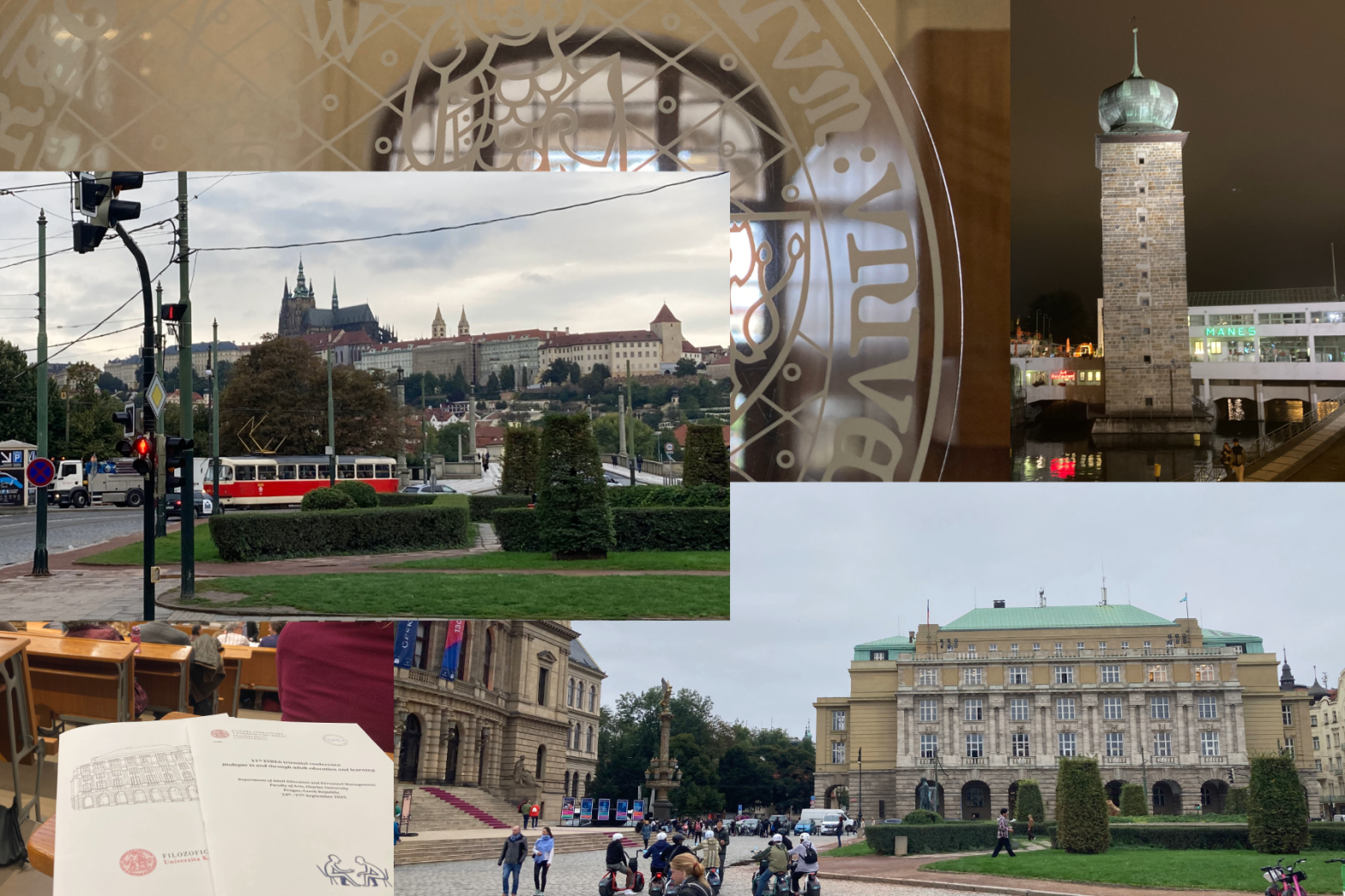Talking about adult learning – the discursive power of national skills strategies
At this year’s ESREA 2025 Conference in Prague, themed “Dialogue in and through adult education and learning,” Eva Steinheimer presented the joint contribution with colleagues Daniel Unterweger and Günter Hefler “Examining National Skills Strategies and their Discursive Power.” The presentation highlighted how dialogue – both as a process and as an outcome – can enhance policy coordination and stakeholder collaboration in adult learning and skills systems.
The study undertaken within the Horizon Europe project Skills2Capabilities compared national skills and lifelong learning strategies from Austria, Bulgaria, Germany, Norway, and England to understand their benefits, barriers, and the conditions under which they support reform processes across diverse contexts.
Findings suggest that while skills strategies are not a universal solution, they play a crucial role in improving policy coherence, coordination, and complementarity between measures. Even when large-scale reforms remain limited, such strategies help establish new coordination channels, mitigate reform deadlocks, and support gradual, incremental institutional change.
A central insight of the study is the power of cooperation and dialogue: rather than being a byproduct of policymaking, dialogue itself acts as a core mechanism that builds mutual understanding, trust, and sustained collaboration between stakeholders. Strategies that are inclusive, adaptable, and internally consistent prove particularly resilient in the face of external disruptions and internal misalignments.
The presentation underlined that dialogue is both a condition and an outcome of successful skills policy – enabling flexibility, legitimacy, and long-term engagement across political and institutional boundaries.

image by Eva Steinheimer
Contact: Eva Steinheimer
Client: Horizon Europe

